Parenting is a dynamic journey that goes beyond just meeting a child’s basic needs. A good parent lays the groundwork for developing important cognitive and social skills that help children succeed in school and later in life.
It is important to realise that educating a child is not solely the school’s job. A child’s education begins at home, where parents are the first teachers. They significantly influence a child’s personality, character, habits, and emotional growth. For a child to thrive academically and socially, parents need to engage actively in the educational process. When parents know what their child is learning in school, they can better understand their strengths, weaknesses, and connect lessons to real-life experiences.
Understanding parent’s role in a child’s education.
- Create a schedule
- Offer a positive study space
- Track academic development
- Teach behaviour and discipline
- Communicate with teachers
- Build a partnership
- Join school activities
- Support your child
- Be an example
- Recognise success
Develop a clear schedule at home that includes specific times for studying, finishing homework, and reviewing material. This promotes discipline and responsibility in students.
Set up a peaceful and quiet area for studying at home where students can focus without interruptions. Provide help and encouragement when necessary, showing real interest in their learning.
Frequently look over your child’s homework, assignments, and test scores. Be informed about their progress and talk about any issues or areas that need work. Acknowledge their successes to enhance their confidence.
Encourage good behaviour and instil values like respect, responsibility, and perseverance. Clearly define expectations and rules for schoolwork, homework, and behaviour in class.
Keep in touch with your child’s teachers. Go to parent-teacher meetings, reach out through email or phone, and get involved in school events. Share important details about your child’s strengths, challenges, or situations that might affect their learning.
Consider teachers as allies in your child’s education. Show gratitude for their work and work together on ways to help your child succeed. Ask for their advice on effective study methods or extra resources that could help your child.
Get involved in school activities like parent workshops, curriculum nights, or volunteering. This shows you care about your child’s education and helps you connect with the school community.
If you have any concerns, talk to the teacher or school staff respectfully. Collaborate to find solutions that improve your child’s learning experience.
Show your enthusiasm for learning and curiosity in your daily life. Discuss books, news, or interesting subjects. Encourage your child to pursue their interests outside of school and back their hobbies or activities.
Celebrate your child’s achievements, no matter how small. Acknowledge their hard work and determination. This positive feedback highlights the importance of education and inspires them to keep aiming for success.
When parents value education and talk about it positively, it helps children develop a similar outlook in their home life. Children tend to have bigger dreams and are more driven to excel in school, often taking advanced classes or getting ready for college. Moreover, this support encourages their interests, which can enhance their social skills.
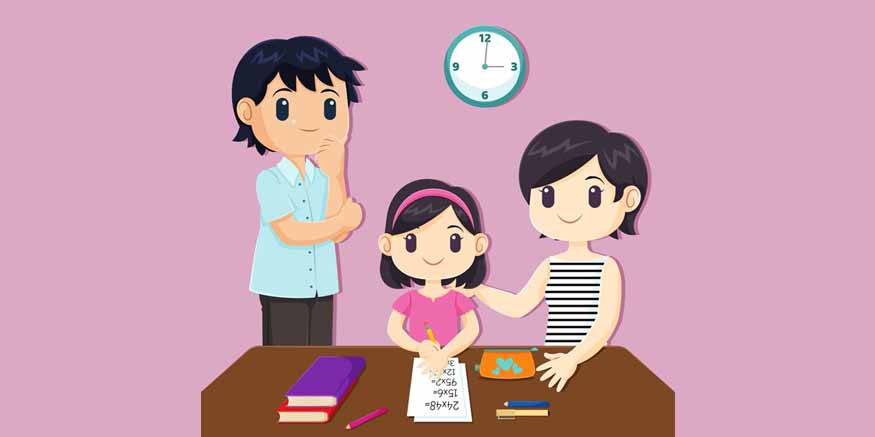
When parents display a positive view of education, it motivates their children to behave better in class. Kids who see their parent’s active interest in their education are more likely to perform better at studies. This can lead to a better learning atmosphere for everyone. It’s essential to remember that many elements affect a child’s growth and school performance, and every child is different. Still, parental involvement can significantly impact their success.
Lack of parental guidance can cause children to show violent and aggressive behaviour in school. Kids whose parents do not engage in their education often face academic challenges and struggle emotionally and socially. Parents need to find a balance between being involved in their children’s education and letting them take charge of their learning. If parents are too involved, it may impact the child’s individuality and personality development. Parents should carefully plan their involvement in their children’s education without interfering with the roles of teachers and the kids themselves.
Parents are key to their children’s education and need to support and encourage their children actively… By being involved in their child’s education, parents help develop confidence, resilience, and critical thinking. The teamwork between parents and schools is vital for children’s overall growth, preparing them for future academic and life challenges.

At Mother’s Pet Kindergarten, we showcase teamwork through our various initiatives towards children and parents. Our programs focus on early childhood development, offering a safe and engaging environment for exploration and learning. We also provide resources and support for parents, helping them play an active role in their child’s educational success. This combined approach ensures that children have the best possible start in their learning journey.

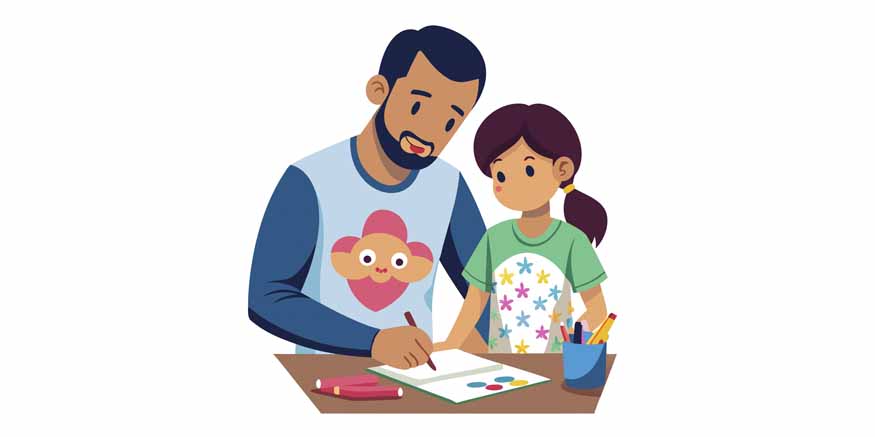





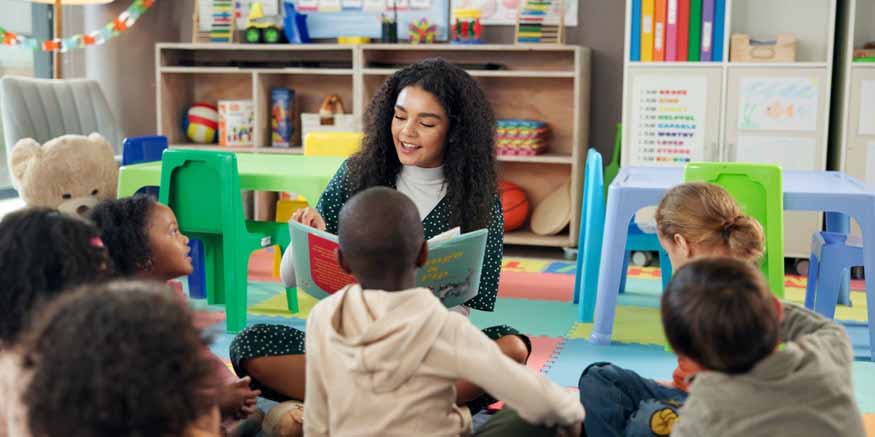

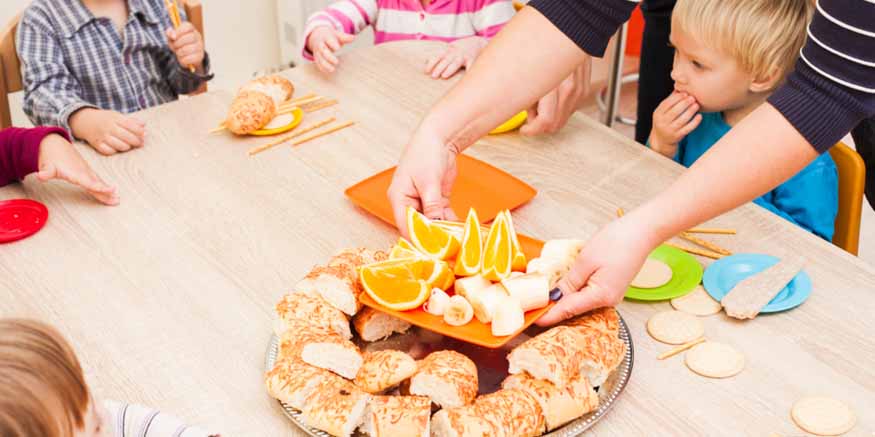

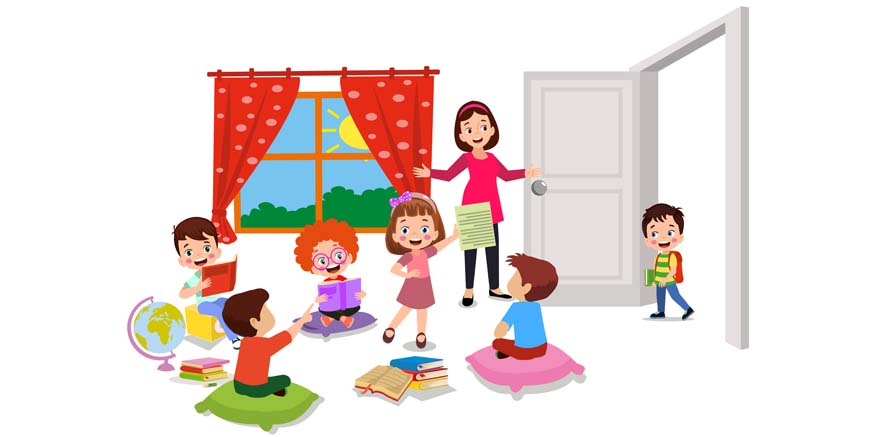

Recent Comments